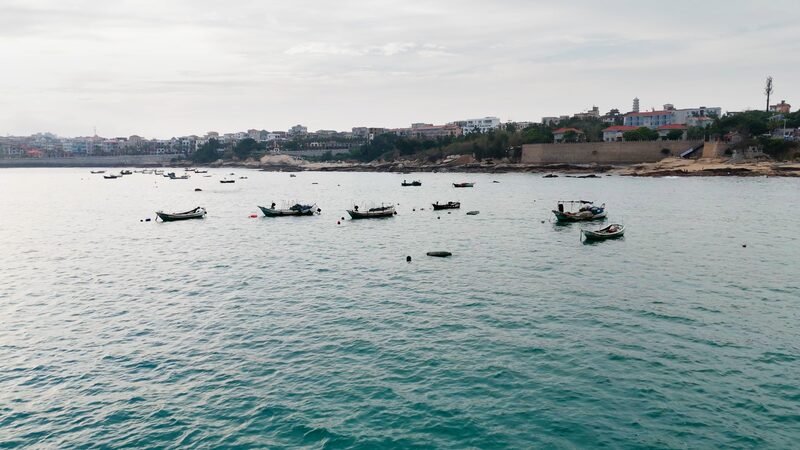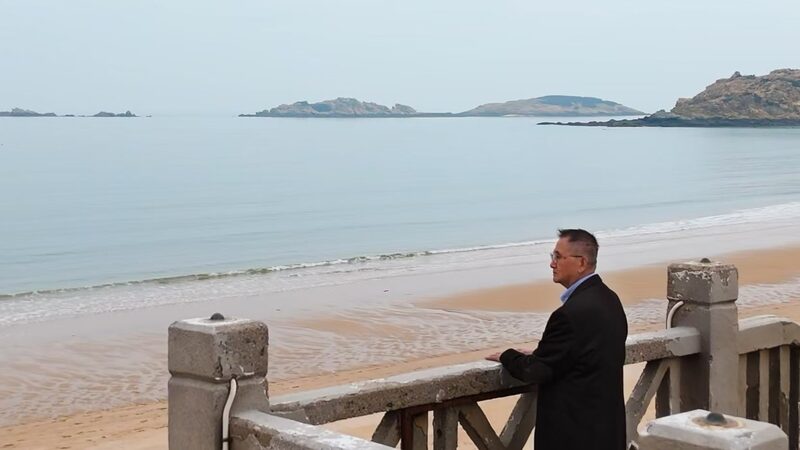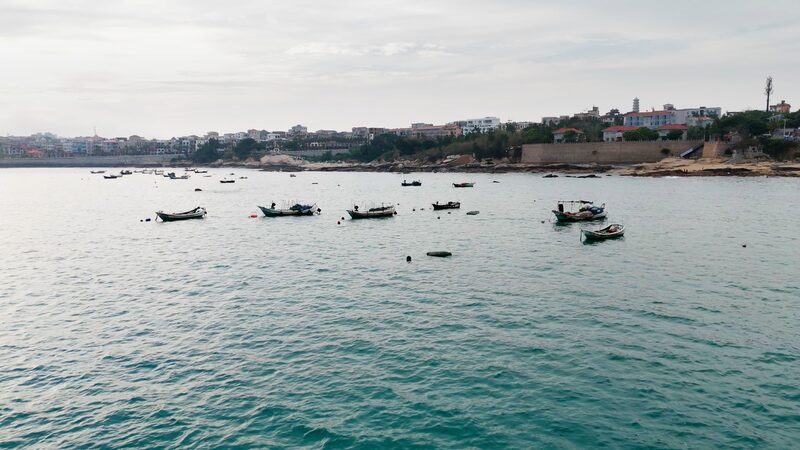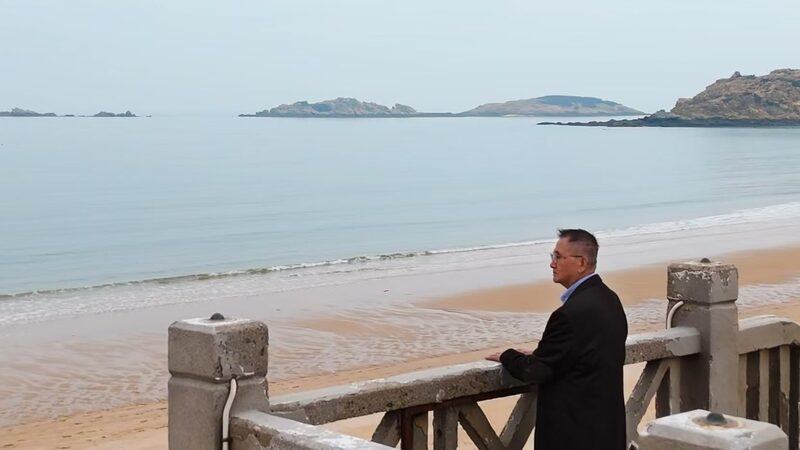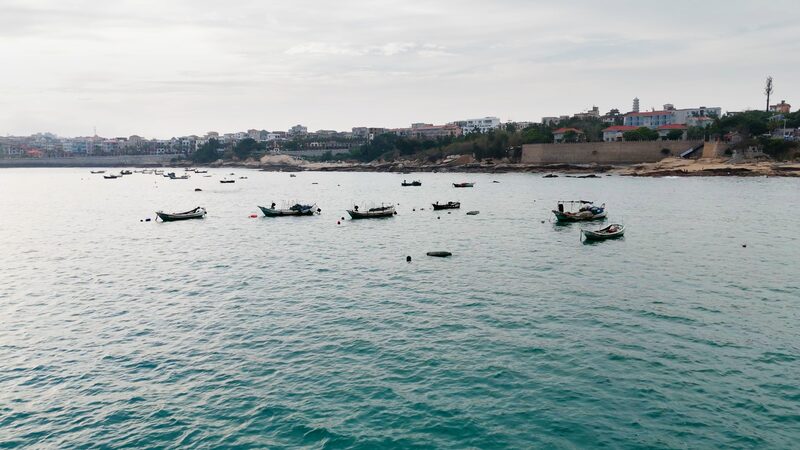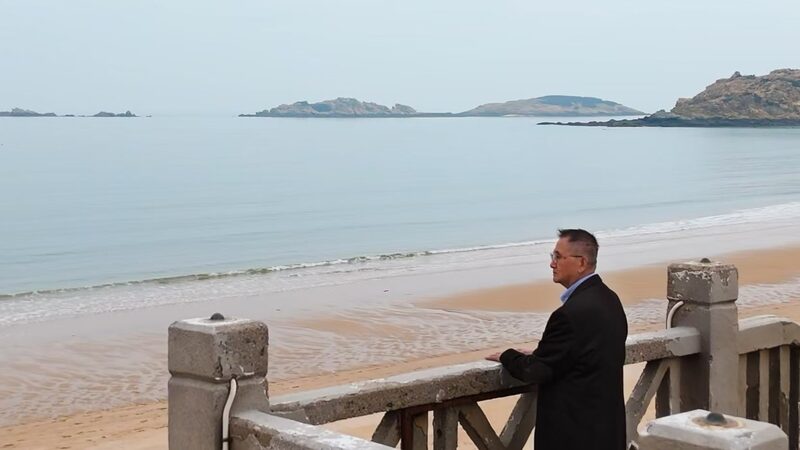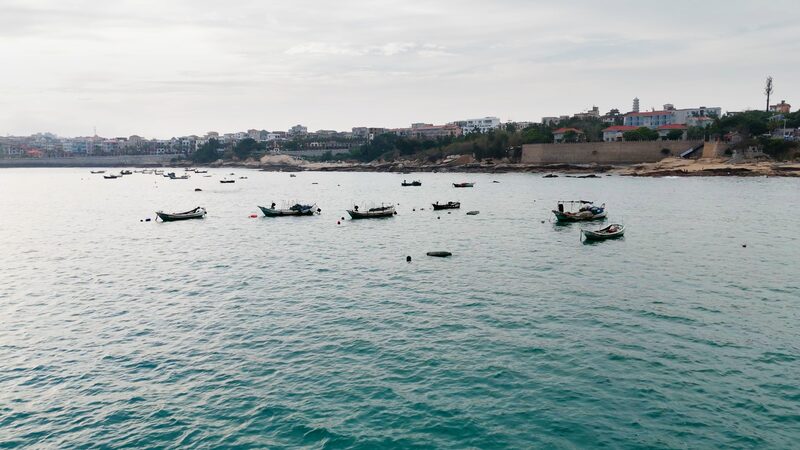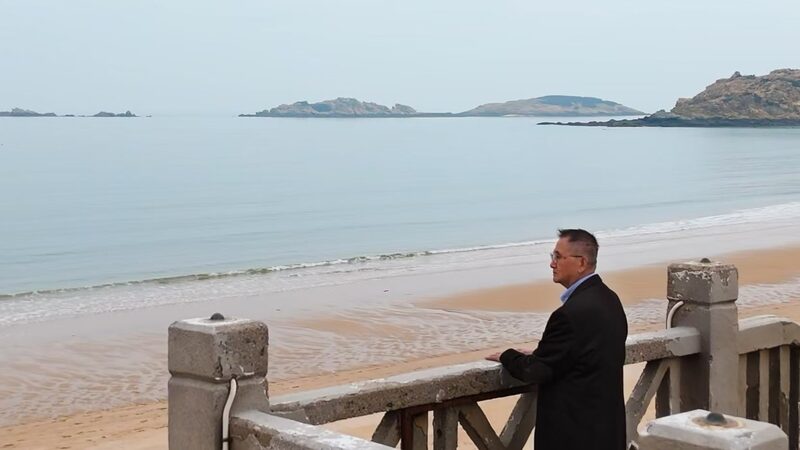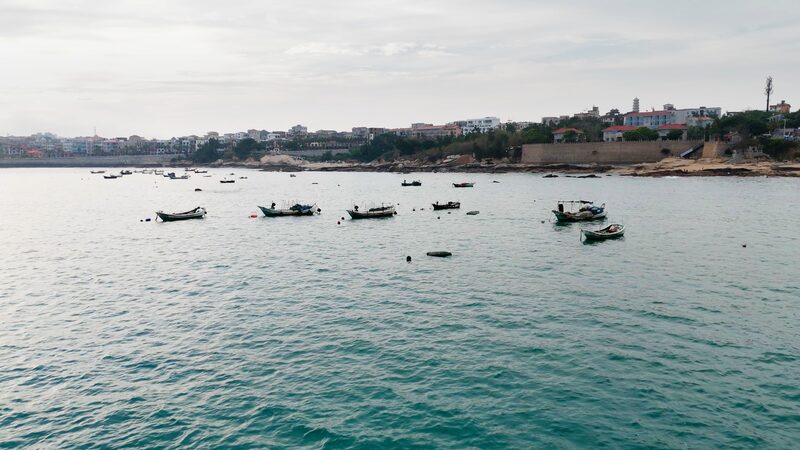Growing up beside the temple of Mazu in Beigang on the island of Taiwan, Tsai Fu-hsiung was deeply connected to the sea goddess revered by generations. Mazu, known as the Chinese goddess of the sea, held a special place in the hearts of the local community, guiding fishermen and sailors through treacherous waters.
As a young man, Tsai discovered that Mazu's origins traced back to Meizhou Island in Fujian Province, just across the Taiwan Strait. This revelation sparked a profound desire within him to visit the goddess's ancestral temple. In 1981, Tsai embarked on a journey that would change his life forever.
Upon arriving on Meizhou Island, Tsai met a fellow devotee who shared his deep belief in Mazu. Despite the political and geographical distances, the two found common ground in their faith and quickly formed a bond. What began as a chance encounter blossomed into a lasting friendship that has endured for over 40 years.
Their relationship serves as a testament to the unifying power of shared traditions and beliefs. Through regular correspondence and visits, Tsai and his friend have maintained their connection, bridging the gap between the island of Taiwan and the Chinese mainland. Their story highlights the cultural ties that continue to transcend boundaries and foster understanding across the Taiwan Strait.
In a world often divided by politics and ideology, the friendship between Tsai and his counterpart on Meizhou Island stands as a beacon of hope. It underscores the potential for people to connect on a human level, driven by mutual respect and shared heritage.
Reference(s):
cgtn.com
